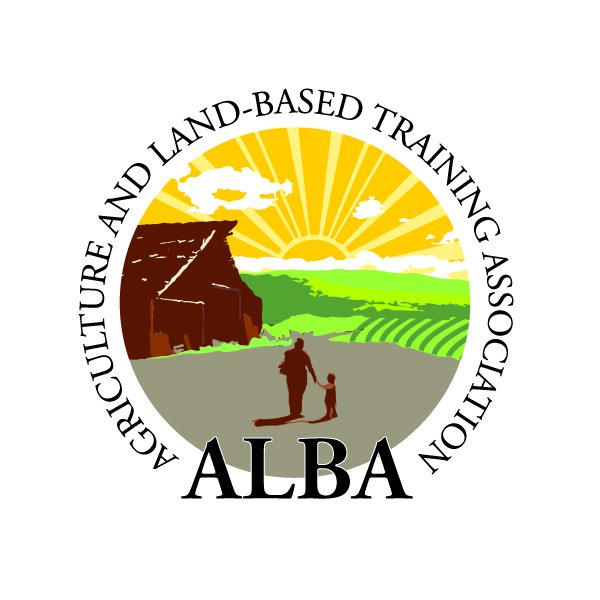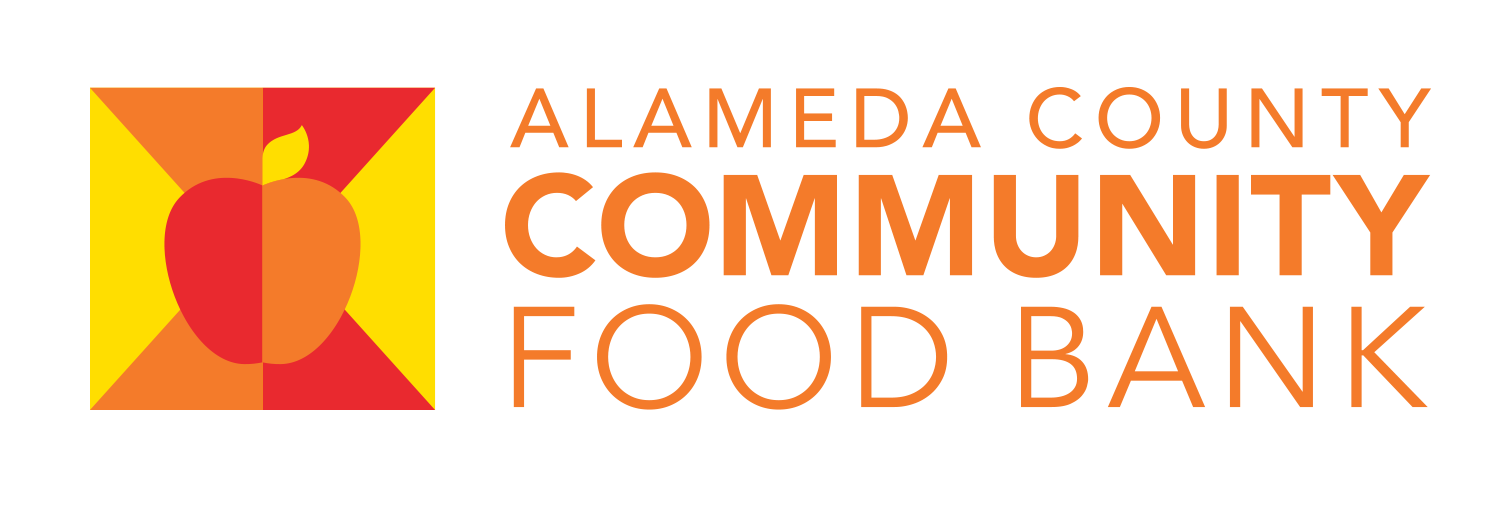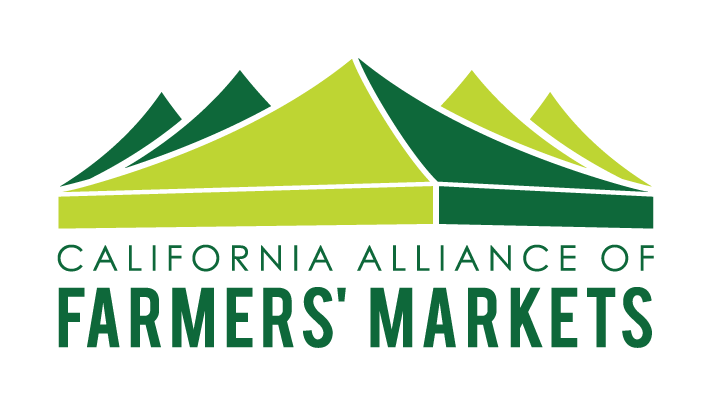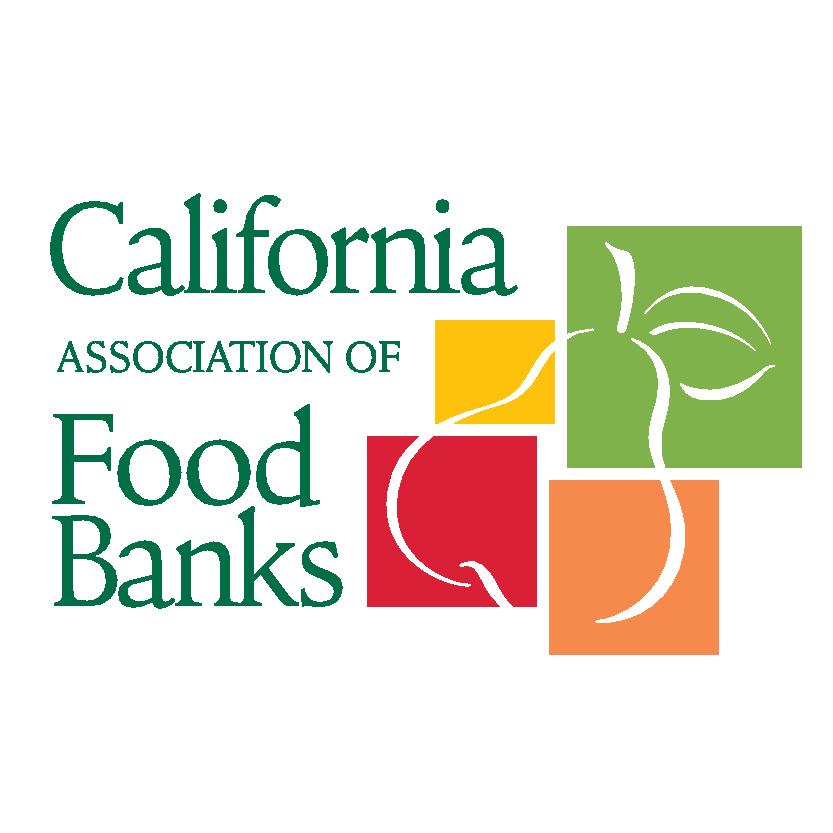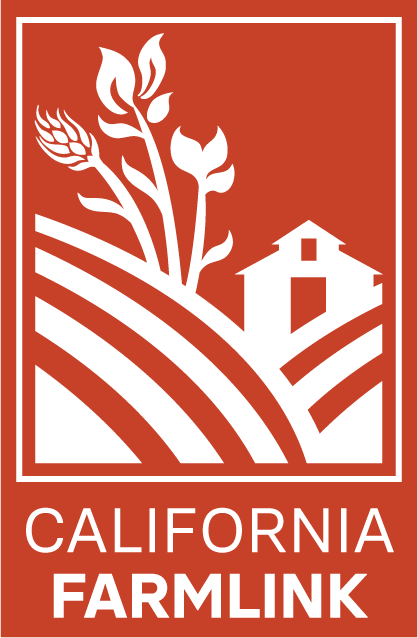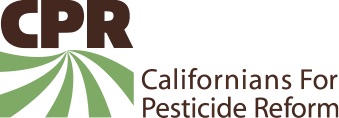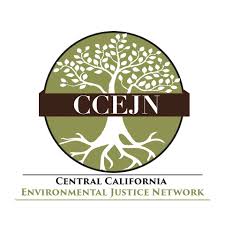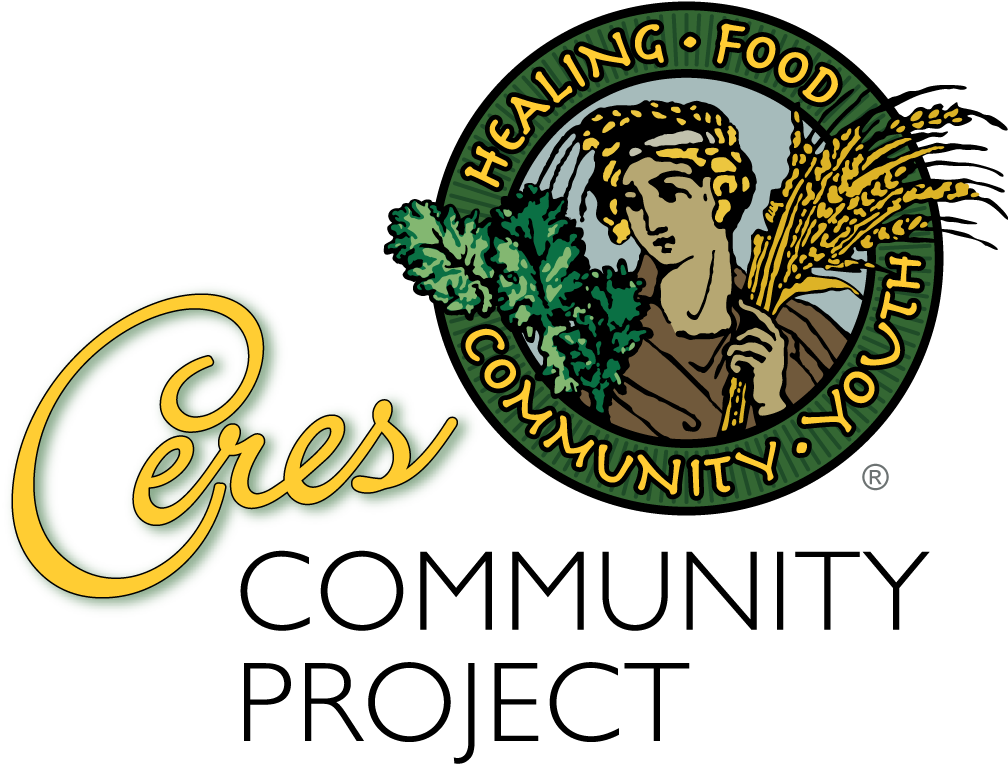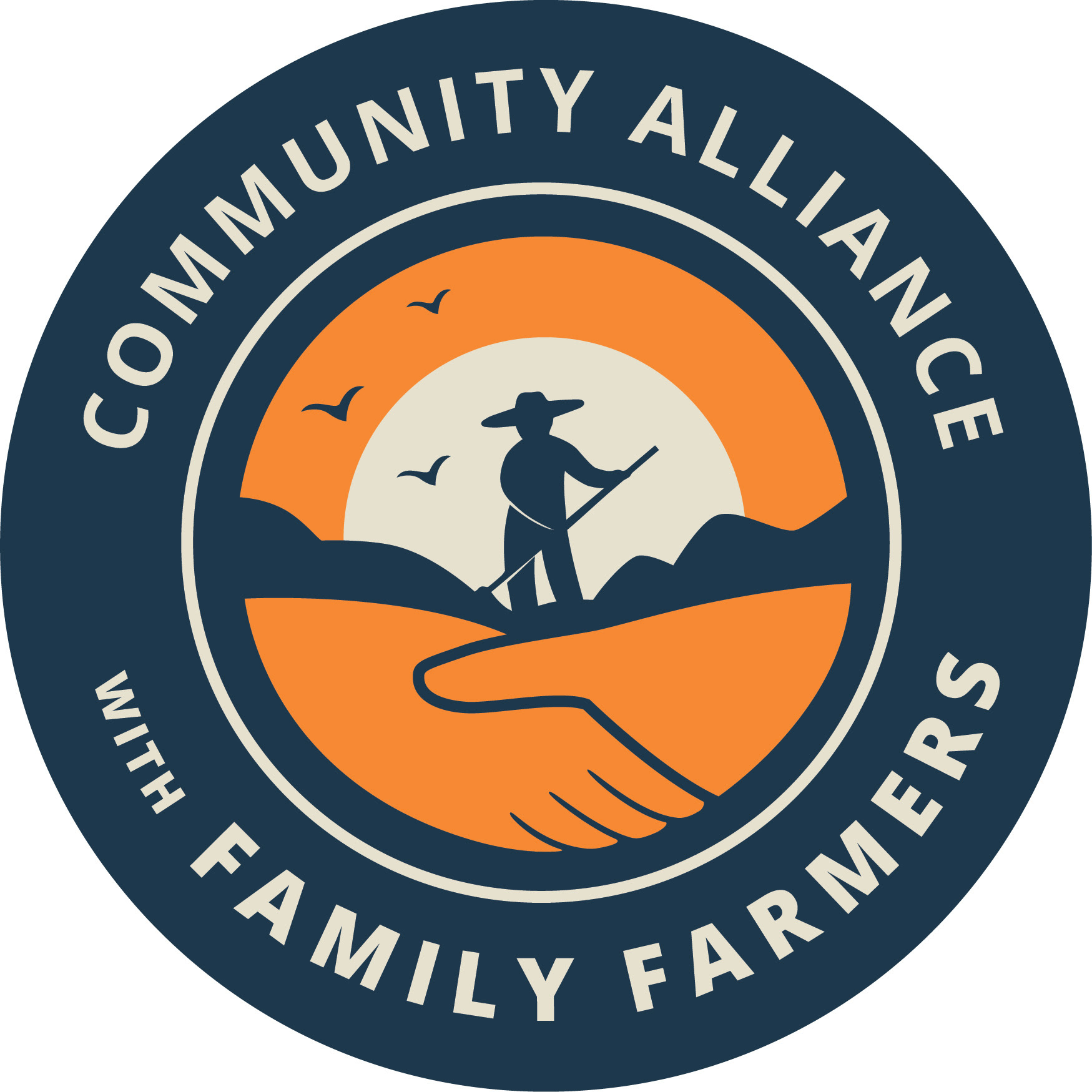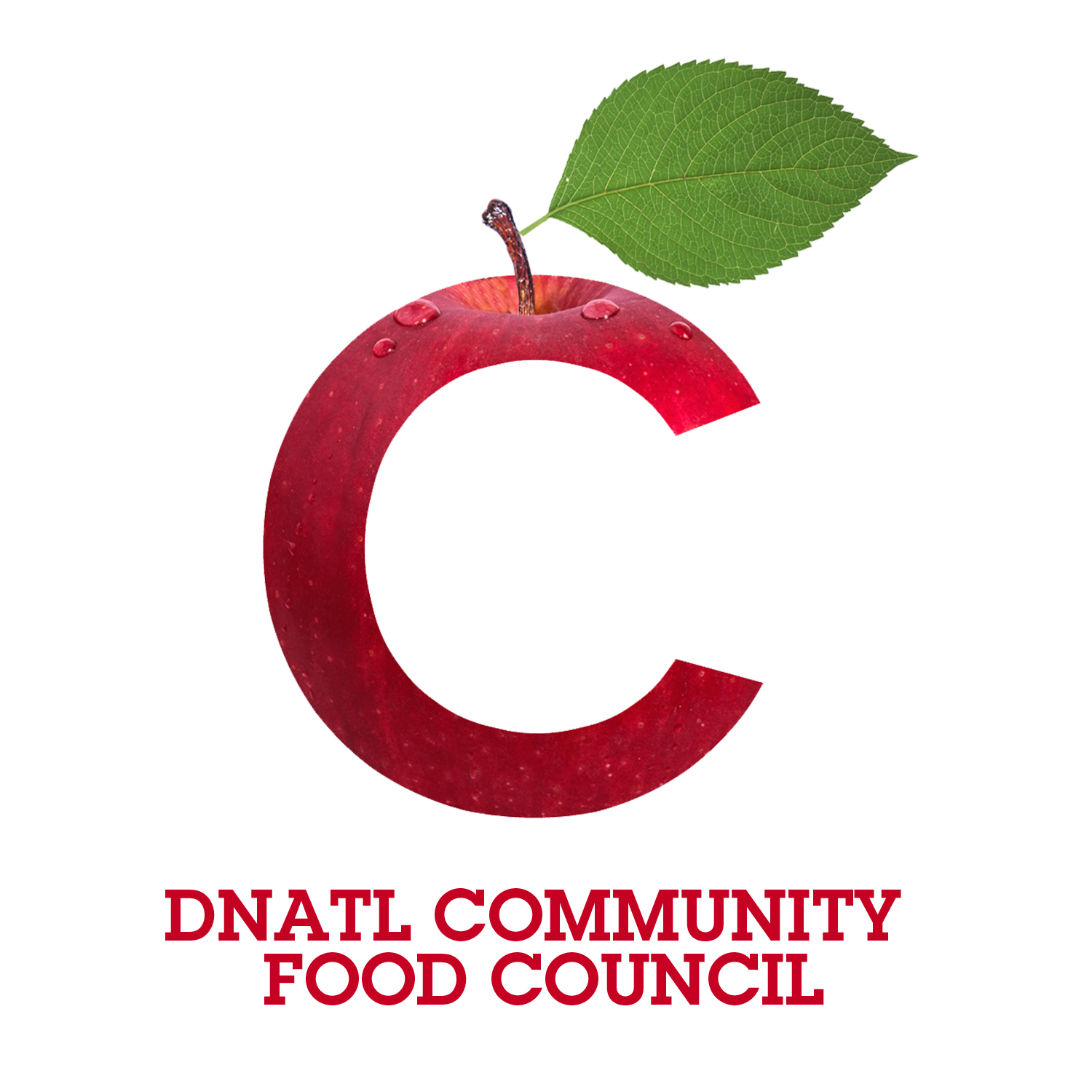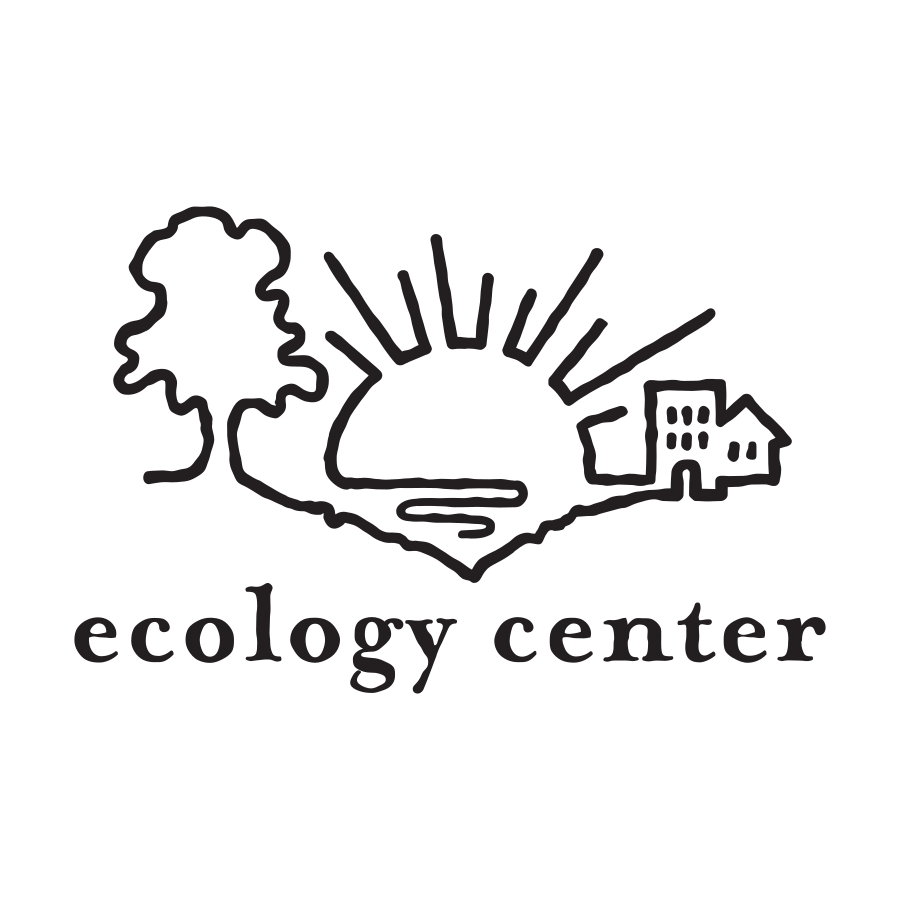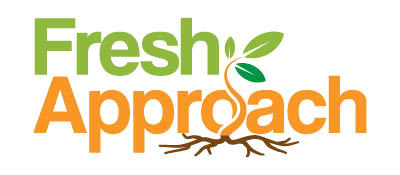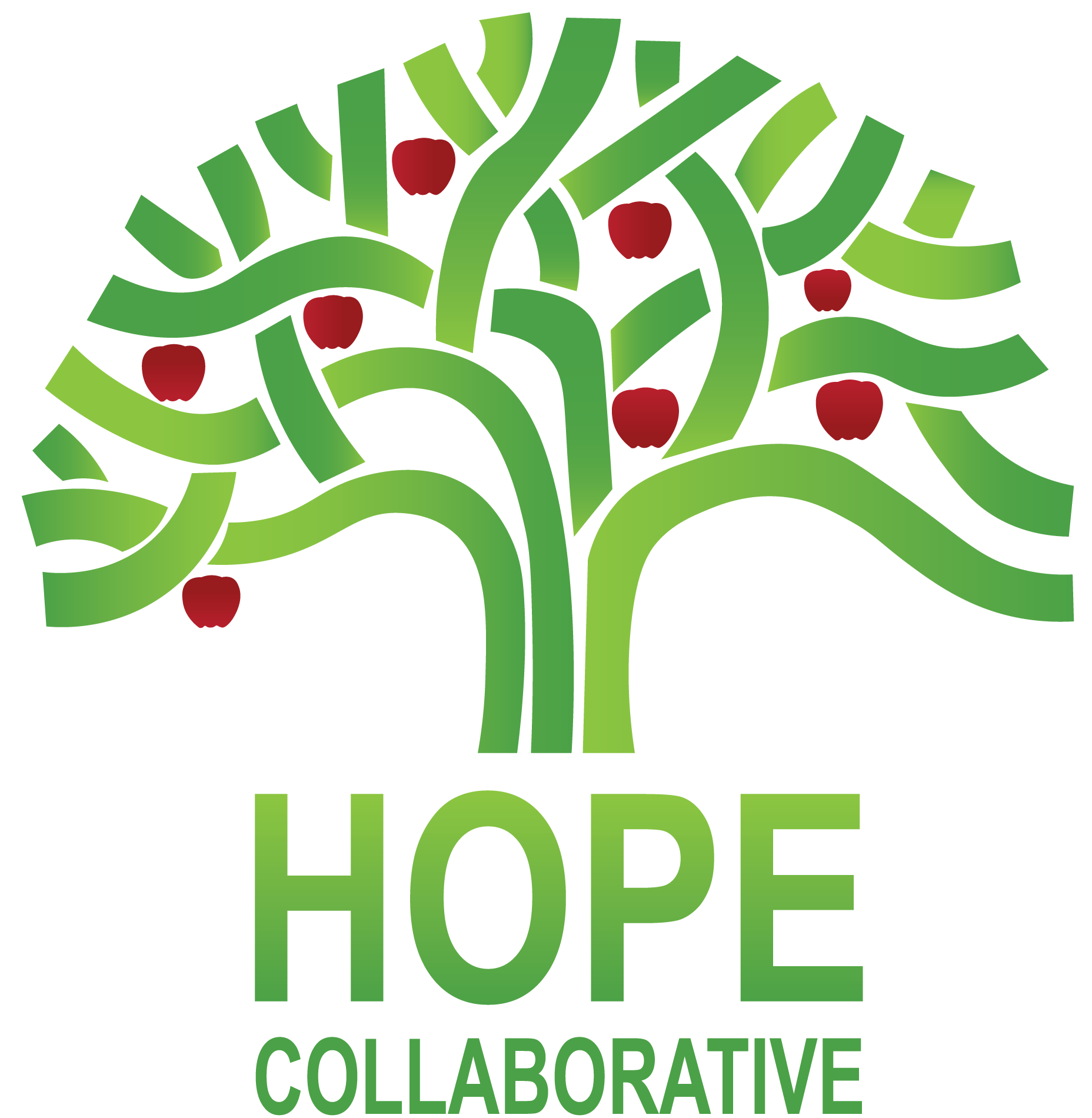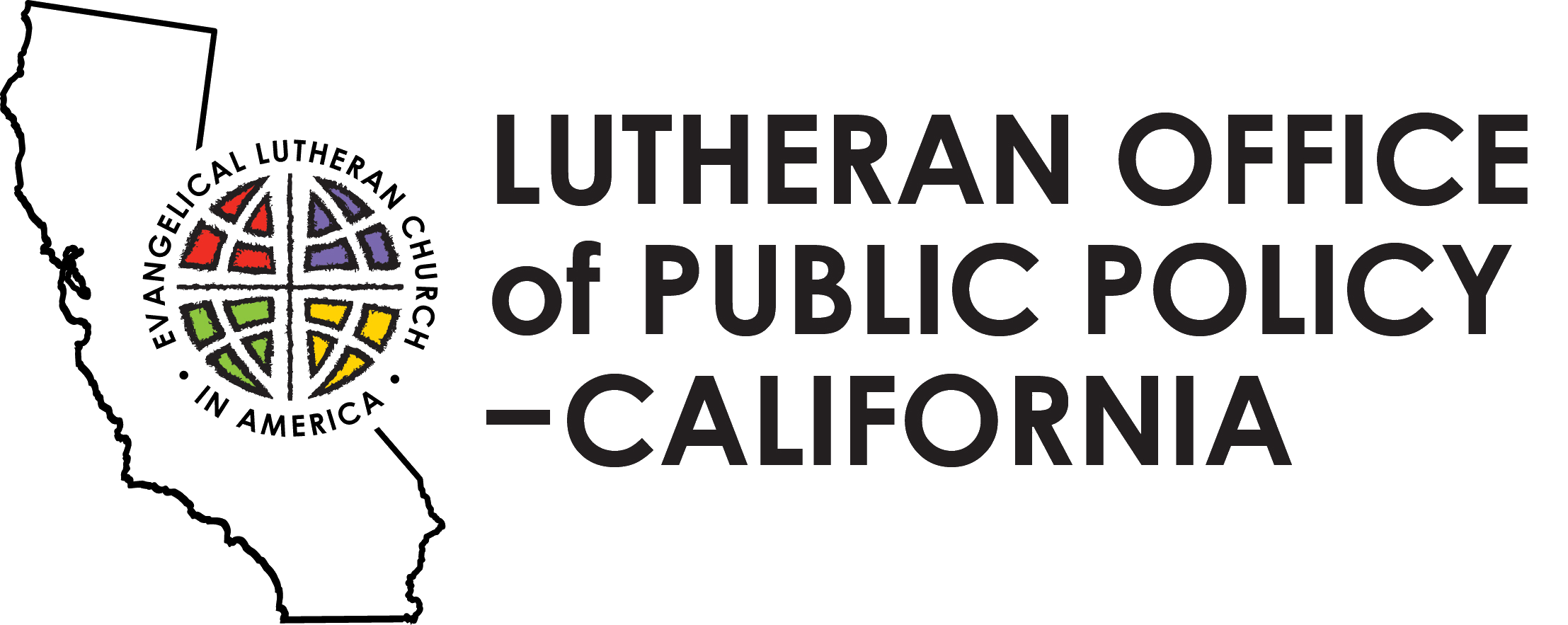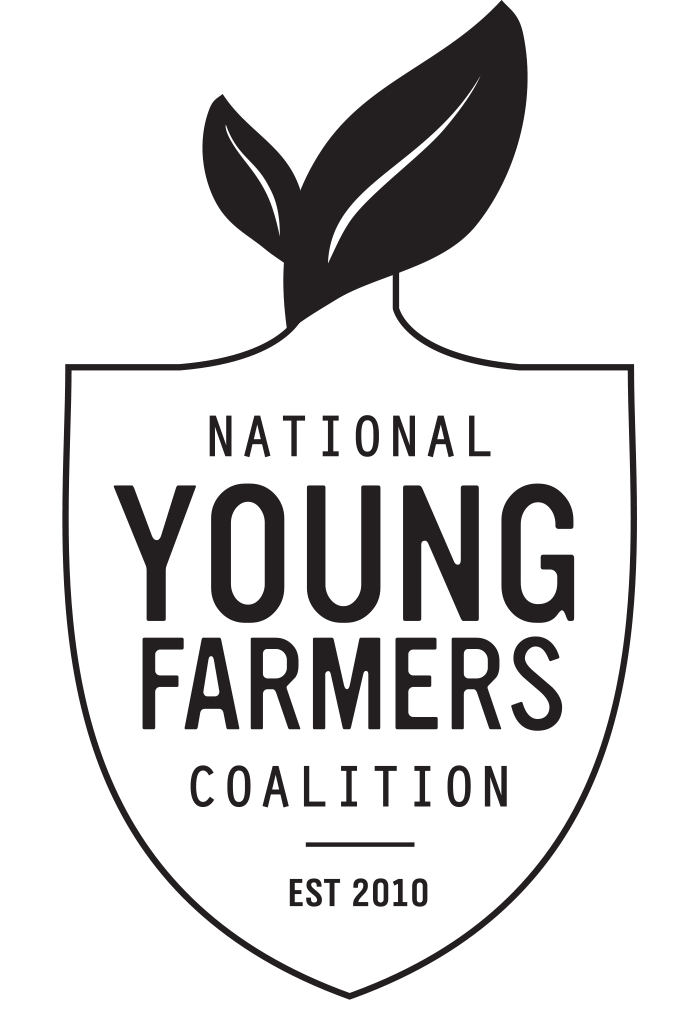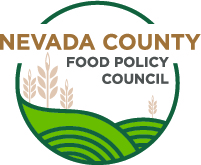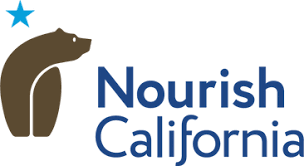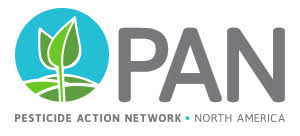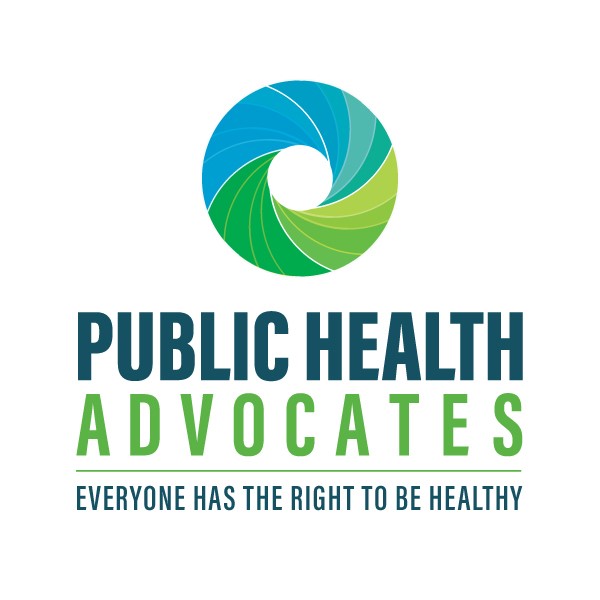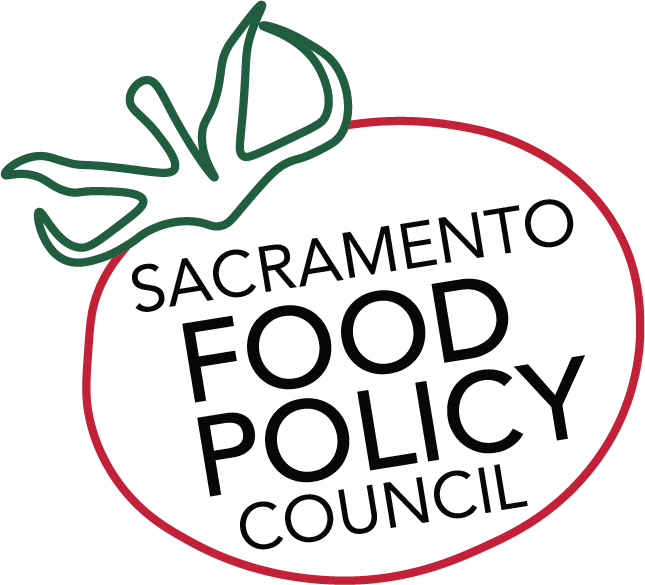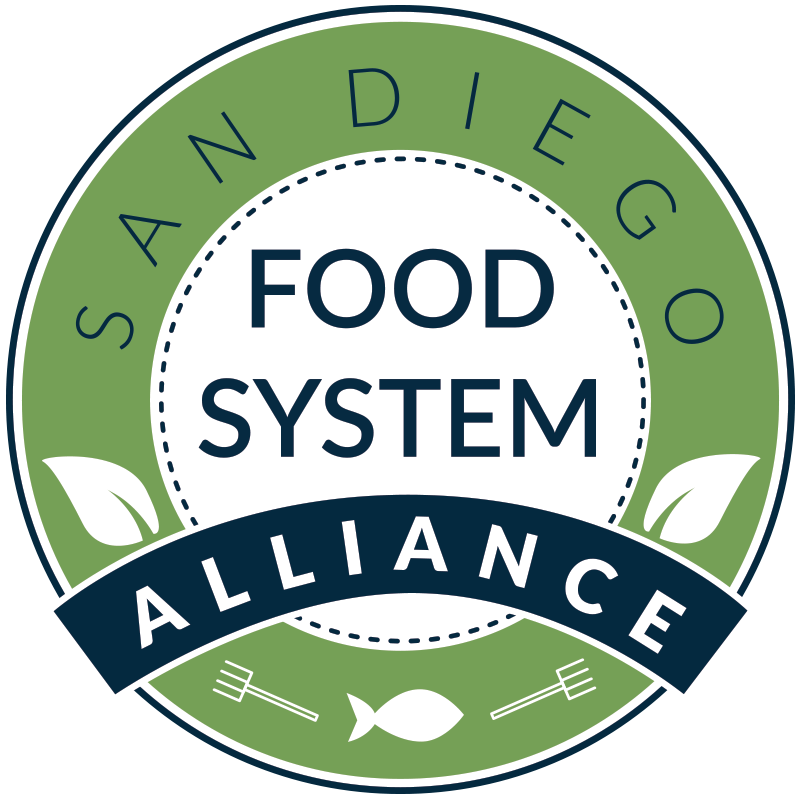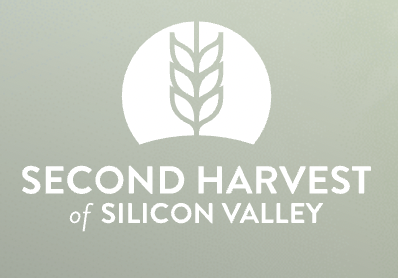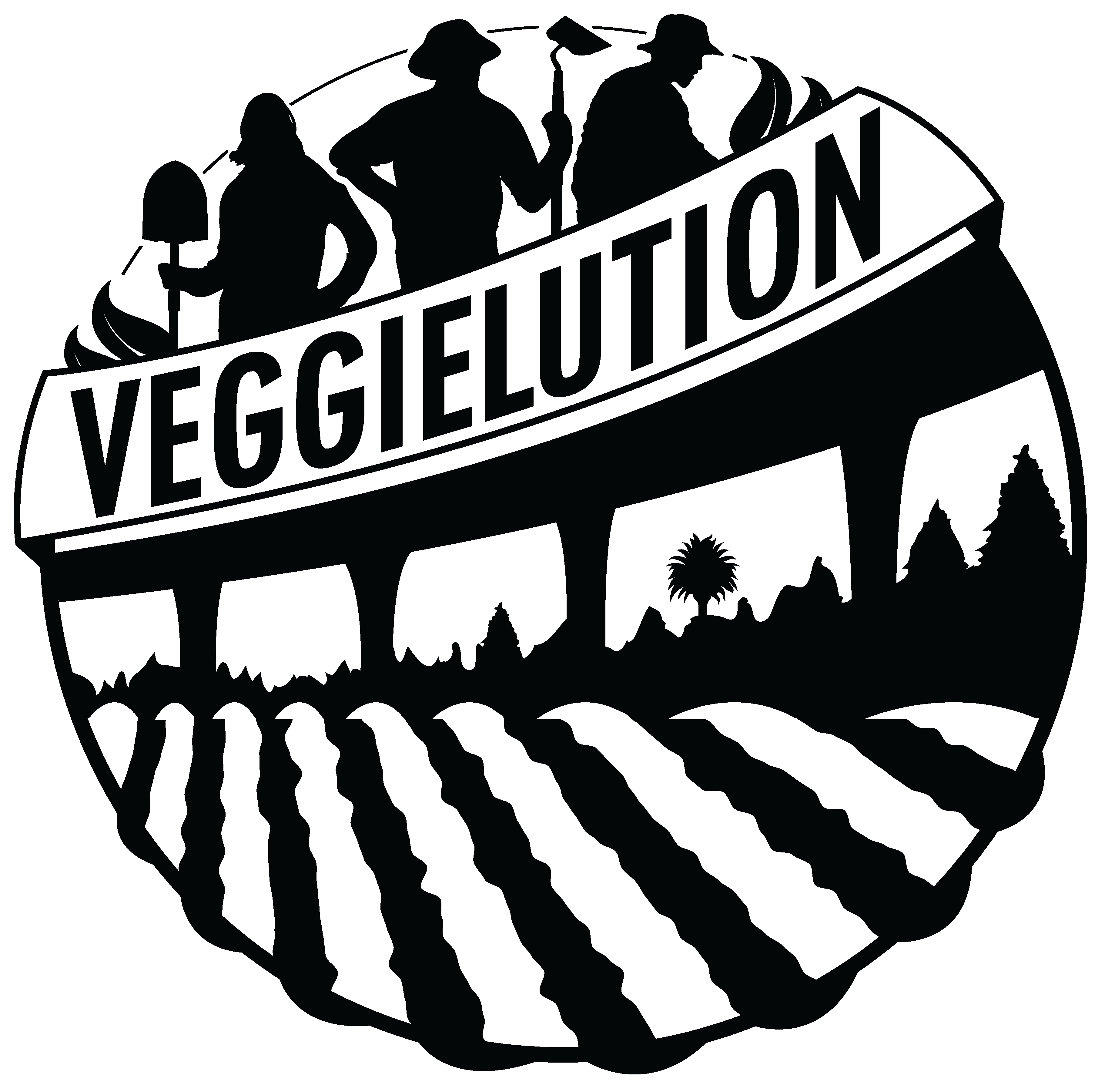Why do we need a food and farming network?
CFFN was founded to address a gap that has kept our movement from being more powerful. While some of our member organizations are small in size or scope, we understand that the food system is expansive and complex; worker rights, farm production methods, environmental justice, and hunger are all interconnected, but often addressed in silos. Seeking justice, equity and sustainability requires that we bridge these divisions, bringing together organizations representing labor, health equity, environmental, food access, and farming sectors to collaborate with shared values and vision to change policy.
Mission
The California Food and Farming Network is building a movement centered on racial equity to transform the food and farming system through state policies.
Vision
CFFN envisions an inclusive, equitable, and ecologically regenerative food and farming system that has recognized and repaired injustices to Black, Indigenous and people of color workers, producers and communities, and which generates healthy, affordable, accessible, nutritious and culturally appropriate food and other agricultural products.
Core Values
RACIAL EQUITY
We strive for a food and farming system in which all people are treated fairly and have shared power in the food and farming system by prioritizing the allocation of resources, decision making and power to those who have been most impacted by the injustice of our current food and farming system. CFFN acknowledges that race intersects with other marginalized identities, and chooses to focus on racial equity as a strategy to uproot all oppression.
COLLABORATION
We believe that building trusted relationships and solidarity across difference creates a more powerful movement for change in the food and farming system. We stretch to engage with issues that may not be core to all individual member organizations because we recognize the interconnectedness of all parts.
ABUNDANCE MINDSET
We approach our work from the perspective that there is sufficient food to meet all communities’ needs without exploitation of people or the planet when resources are distributed equitably and managed responsibly.
SHIFTING THE NARRATIVE
We center lived experiences and employ language that reinforces communities’ dignity while acknowledging where power, wealth and privilege is currently concentrated as we move to operationalize equity.
Values-Based Outcomes
- Food sovereignty – All people have the right to healthy and culturally appropriate food produced through ecologically sound methods, and to define and prosper in their own food and agriculture systems. (adapted from Declaration of Nyéléni, the first global forum on food sovereignty, Mali, 2007)
- Ecological health – Our food and farming system is rooted in agroecological systems determined by impacted communities, shifting power away from corporate agribusiness. This means honoring Indigenous and cultural practices, and farming in harmony with nature so that people and the land are nourished and healed.
- Food is a basic human right – All communities have access to the nutritious, affordable, culturally appropriate, and traditional food they need to thrive.
- Empowered workers – Workers are respected and valued as essential to the survival and health of our communities, share in the wealth of their labor, have the power to shape their working conditions and lives, and the opportunity to become owners within the food system. (adapted from the Food Chain Workers Alliance Principles)
- Shared economic prosperity – All people have equitable opportunity to fully participate and build wealth in the food and farming system, contributing their food and ag cultures, knowledge and skills to strengthen and diversify opportunities and build resilience for all.
CFFN’s backbone support comes from the Community Alliance with Family Farmers.

